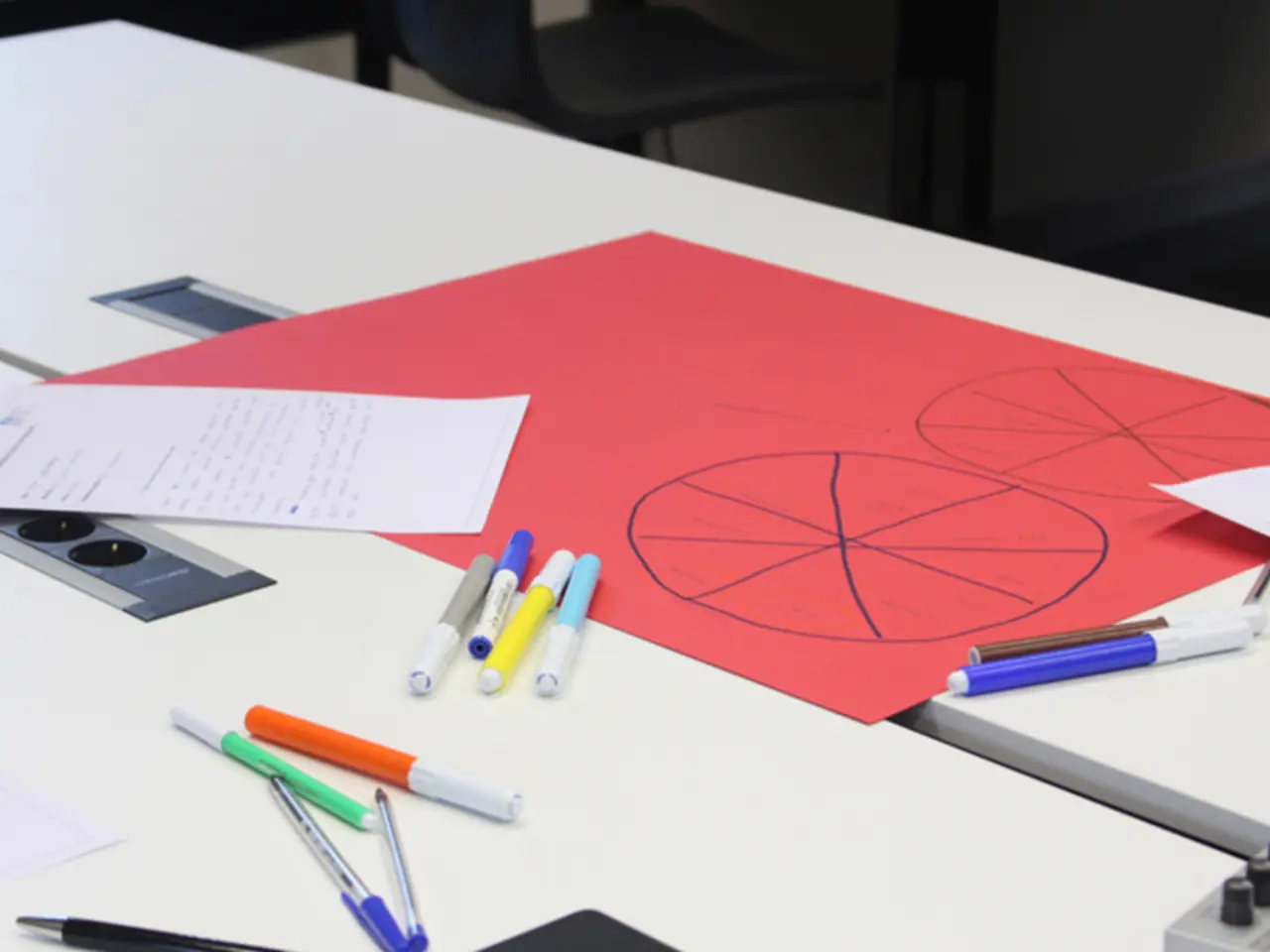Understanding International Baccalaureate (IB) Points: A Comprehensive Guide for Scholars and Guardians
The International Baccalaureate Diploma Programme (IBDP) is a globally recognised educational framework, renowned for its academic rigour and holistic approach. This programme uses a unique points-based system to determine whether a student earns their diploma and how well they perform.
In the IBDP, students take six subjects, typically with three at Higher Level (HL) and three at Standard Level (SL). Each subject is graded on a scale from 1 to 7 points, with 7 being excellent performance and 1 being very poor (failing). The maximum from these subjects is 42 points (6 subjects × 7 points each).
Beyond the six subjects, IB students must complete three core components: Theory of Knowledge (TOK), Extended Essay (EE), and Creativity, Activity, Service (CAS). TOK and EE are graded on an A–E scale and combined to award up to 3 additional points. Passing CAS is mandatory but does not add points directly.
To pass the IB Diploma Programme, a student must score at least 24 points out of 45, combining subject results and up to 3 points from TOK and EE. Additional performance and completion criteria must also be met, such as achieving at least 12 points in Higher Level (HL) subjects, a minimum of 9 points across Standard Level (SL) subjects, no subject score of 1, no more than two scores of 2, no more than three scores of 3 or below, and fulfilling CAS requirements.
It's essential to note that grades are awarded based on external exams, internal assessments, and overall subject criteria. The IB sets grade boundaries each year, which are based on global performance and exam difficulty. Scoring 78% on an HL Chemistry exam may earn a 6 one year, and a 7 another year, depending on that year's boundaries.
Universities around the world accept and often prefer IB students for their academic depth and breadth, strong research and writing skills, and global perspective. In the U.S., some universities convert IB scores into college credits, allowing students to skip introductory courses. Students can retake IB exams in the next session (May or November) to improve scores.
Many institutions require predicted IB scores during the application process, set IB-specific entry requirements, and may offer scholarships or course exemptions based on IB performance. The IB Diploma is recognised by universities and colleges worldwide, making it a valuable asset for students aiming to pursue higher education.
Approximately 7-9% of students achieve a 7 in most subjects, but only about 1% of students achieve the highest possible score of 45 points annually. It's crucial to understand the IBDP's points system to navigate this challenging yet rewarding educational journey.
[1]: Source for detailed breakdown of IB points system. [2]: Source for information on internal assessments contributing to subject scores. [3]: Source for the requirements to pass the IB Diploma Programme. [5]: Source for information on the role of TOK and EE in the IB Diploma Programme.
In the International Baccalaureate Diploma Programme (IBDP), students engage in education-and-self-development opportunities like the Learning workshop known as Theory of Knowledge (TOK), Extended Essay (EE), and Creativity, Activity, Service (CAS), enhancing their academic journey. To successfully pass the IB Diploma Programme, students need to perform well in their six subjects, as well as complete these core components, with TOK and EE potentially earning up to 3 additional points.




